Tiktok, Other SocMed Platforms Struggle Filtering Fake News Amid Ukraine-Russia War
2 min. read
Published on
Read our disclosure page to find out how can you help MSPoweruser sustain the editorial team Read more


As the war between Ukraine and Russia continues, a new dilemma in the social media world is growing by leaps and bounds: misleading and distorted information spreading through videos. This is a significant challenge now for TikTok due to reports of video fabrication for the sake of views.
In a New York Times article, one analysis-confirmed incident was mentioned: Tiktok videos made from footage of video games and an old soundtrack uploaded to the app a year ago. Another is the recent confusion about the 13 Ukrainian soldiers on Snake Island who faced and asked a Russian military unit to surrender. With only an audio clip posted by the Ukrainian newspaper, Pravda, some TikTok users found a way to exploit the said file to create videos claiming that the 13 soldiers had died. And although the Ukrainian officials have already confirmed that the soldiers are just taken as prisoners, Tiktok still hasn’t corrected the uploaded videos.
Currently, Tiktok is under the pressure of authenticating and separating truthful content from hoaxes due to the hundreds of thousands of war-related videos being uploaded to the platform from across the globe. The same thing is faced by other social media platforms like Facebook, Twitter, and Instagram. Adding to the issue is the misinformation stirred by Russian media outlets like Russia Today and Sputnik, to which U.S. lawmakers and Ukrainian officials plead the platforms to address.
To answer it, Tiktok banned the said state-backed media outlets of Russia in the European Union, while YouTube has promised to follow this same action. Joining the video-sharing platforms are Twitter and Meta (and so as TikTok) that will start labeling content from the outlets as state-sponsored posts. In addition, with the #Ukrainewar videos accumulating 500 million views on TikTok, the video platform has promised more resources to monitor videos about the war that could deliver misinformation. With
“We continue to respond to the war in Ukraine with increased safety and security resources to detect emerging threats and remove harmful misinformation,” said TikTok Spokeswoman Hilary McQuaide.

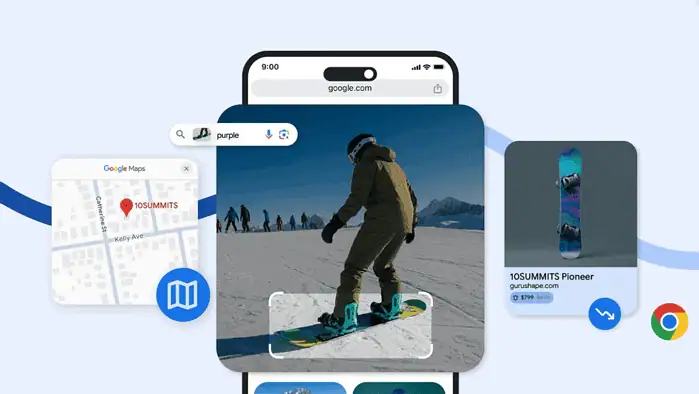

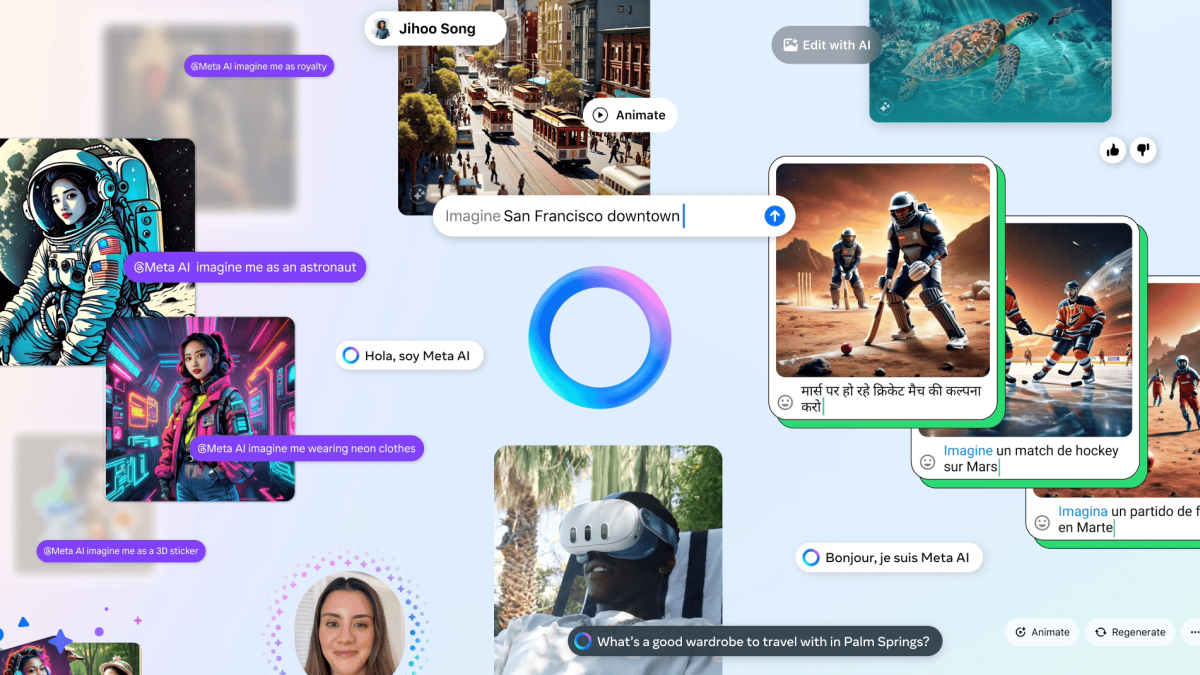
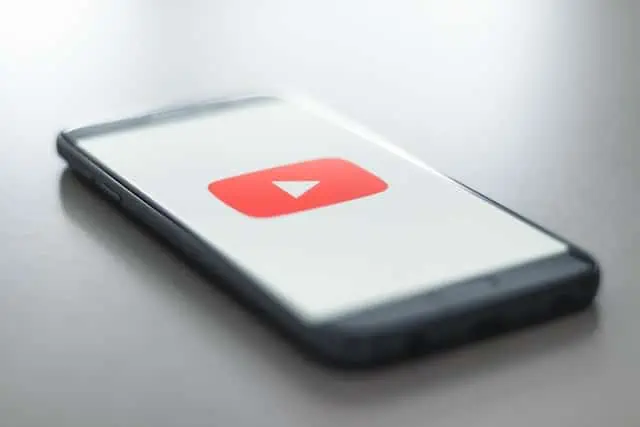

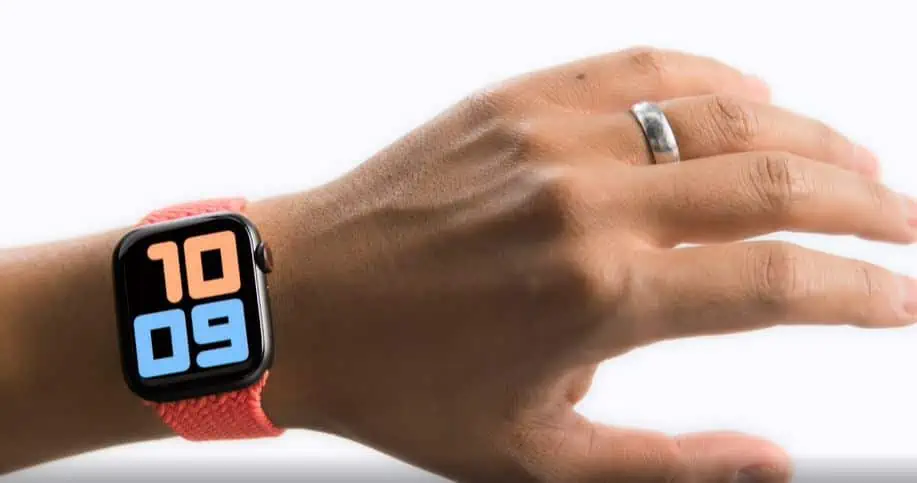
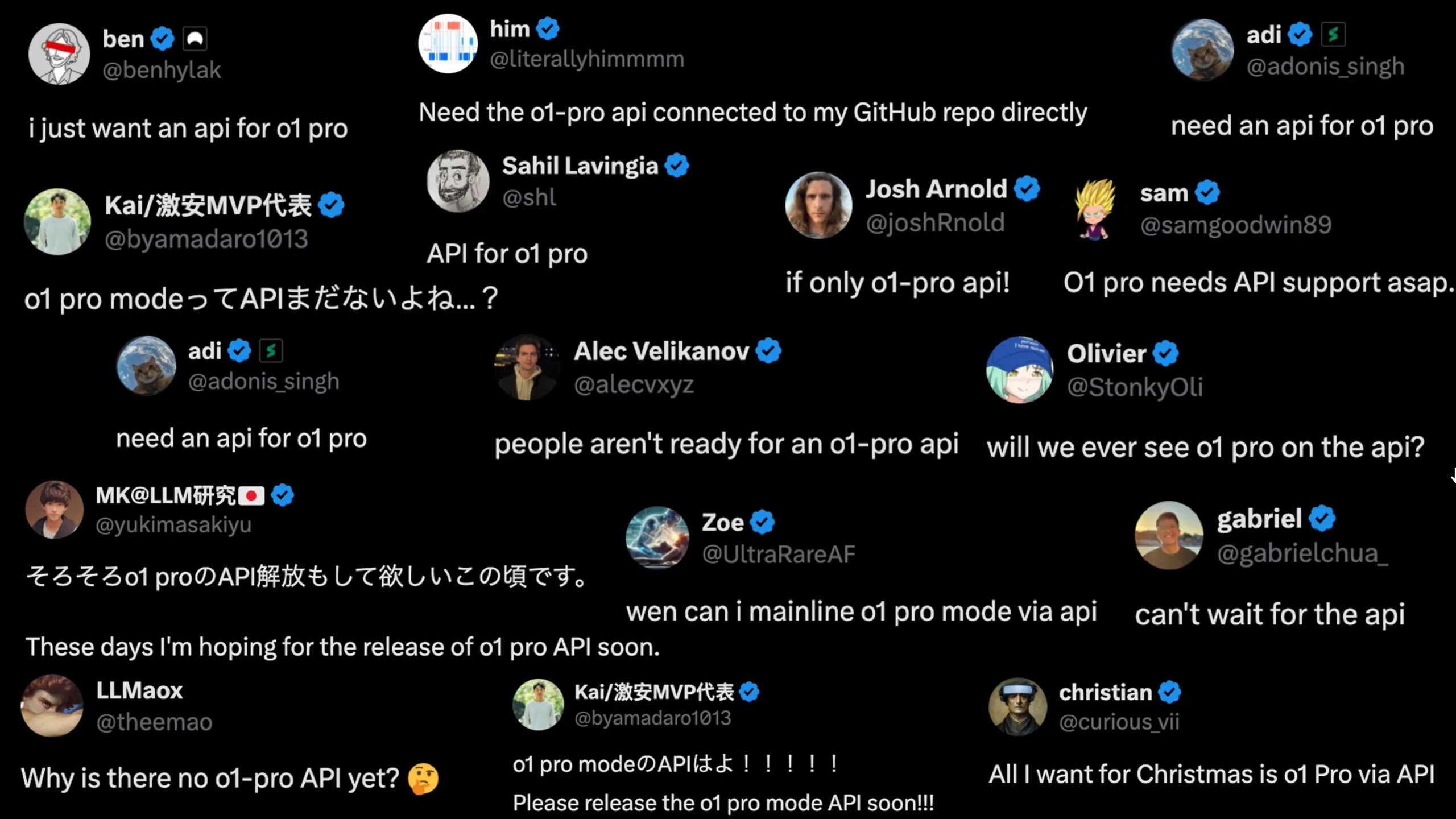
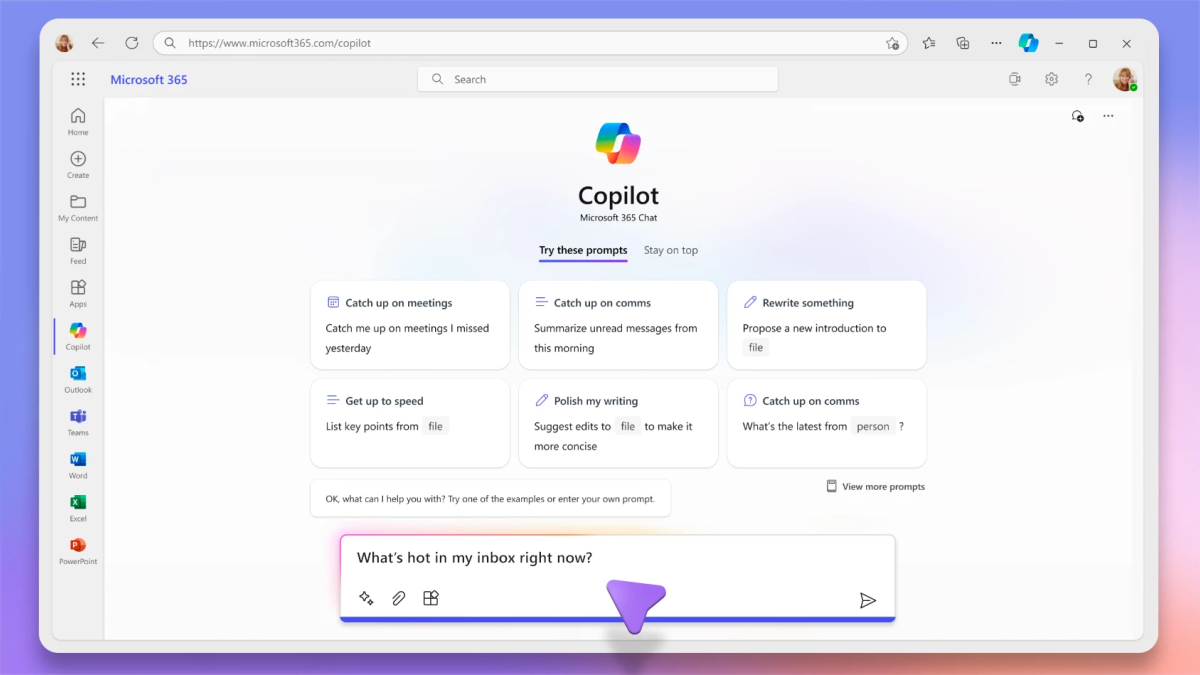
User forum
0 messages